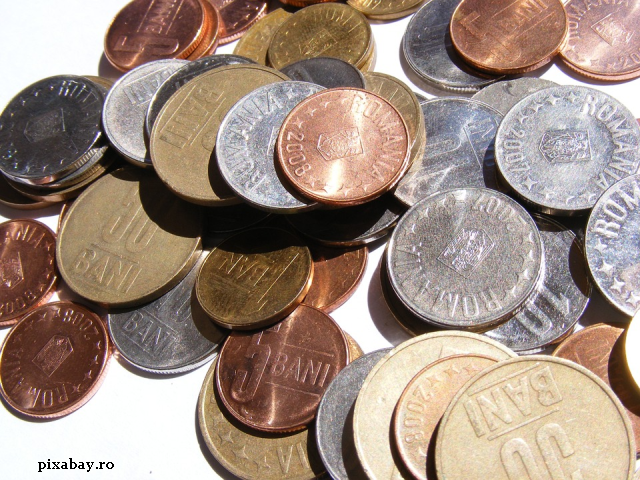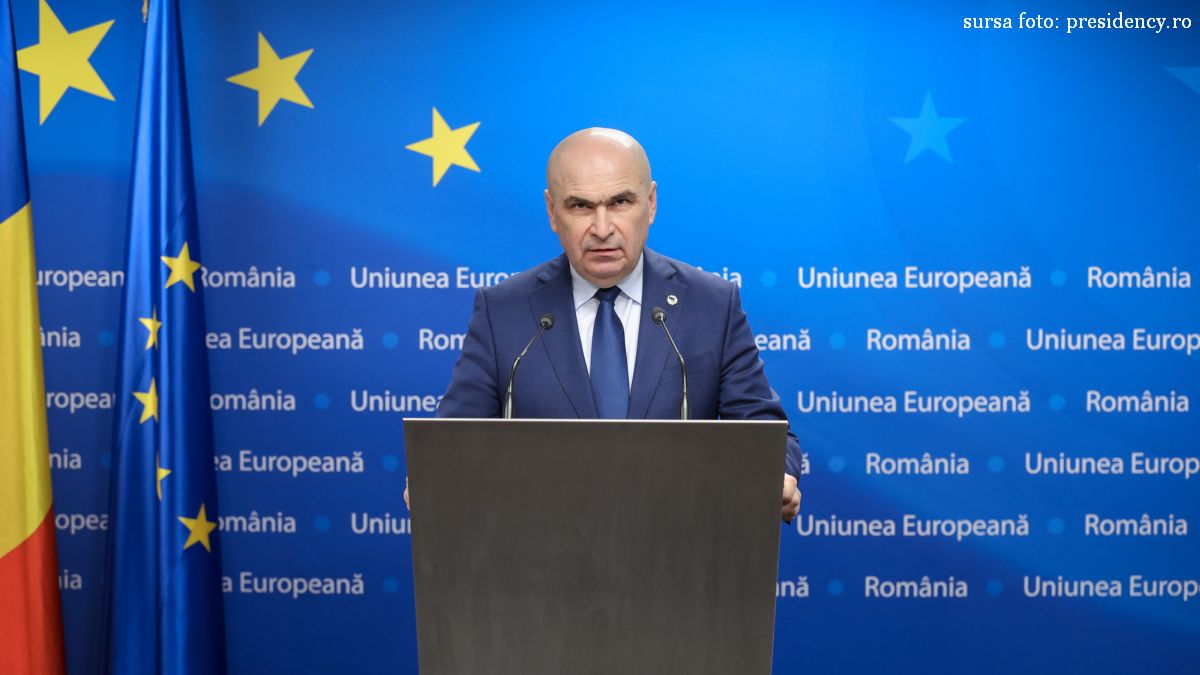A new record low for the Romanian currency, the Leu
Business pundits on the depreciation of the leu

Corina Cristea, 21.02.2020, 13:50
The European currency
has yet again reached a record high against the Romanian currency. For the
Romanians, a depreciated Leu translates into higher prices, higher installments
and higher bills.
The CFA Romania Association as early as the
end of 2019 had forecast a depreciation of the Leu in the following 12 months
and an interest rate growth for the maturity date, short-term as well as long-term. We recall
the members of the CFA are holders of the most prestigious certifications in
the field of investment and financial analysis, and the developments seem to
confirm their estimates. In January this year, the exchange rate for the Leu
remained steady, given the apparent relief on the part of investors, who had
been concerned with the deterioration of the fiscal position. Consequently, a
buoyant attitude prevailed on the international financial market. Notwithstanding,
the Romanian currency has been depreciated as of late, against the main
currencies. According to economy pundits, the fall of the Leu had already been
predicted.
Adrian Codirlasu is the president of the
Finance and Banking Analysts Association.
Adrian Codirlasu:
The latest CFA survey,
carried in December 2019, revealed an anticipatory exchange rate of 4.88 Lei
for one Euro, for December 2020. The premise for such a forecast is the idea of the twin
deficits. Romania has the highest current account deficit in the region,
standing at around 5%, while this 5% is a warning level for a small and open
country. Also, it has one of the biggest budget deficits and will now enter the
excessive deficit procedure. Such deficits require financing, that including
foreign financing. Moreover, what does the current account deficit mean? Foreign
currency getting out of the country, hence the exchange rate pressure.
Concurrently, the president of the Finance
and Banking Analysts Association believes that the depreciation of the national
currency is not going to stop.
Business analyst Dragos Cabat thinks that the
poor exchange rate for the Leu is to a great extent caused by the country’s
political instability.
According to Cabat, QUOTE, at international level, what
with China and the coronavirus, everybody is scared. Under such circumstances,
the more vulnerable currencies of the countries where macroeconomics imbalances
clearly exist in the system, these currencies are under attack. International
investors are not that keen on the Leu, otherwise the attack on the Leu would
have been even stronger, UNQUOTE.
Dragos Cabat went on to say that in the
previous month, had the Central Bank not intervened to reverse the Leu’s
depreciation tendency, 4.8 to 4.85 lei would have bought One Euro. The slight
depreciation of the Leu is correlated with the depreciations in the region,
given that the Zlot and the Forint have also depreciated as a result of
international financial flows, says the interim Finance Minister Florin Citu.
Citu also said interest rates would still be on the wane, while investors’
confidence will be on the rise. Acting Prime Minister Ludovic Orban also said
there was no reason for suspicion or panic. PM Orban also gave assurances the
country’s economic condition was a stable one.
(Translation by Eugen Nasta)






























